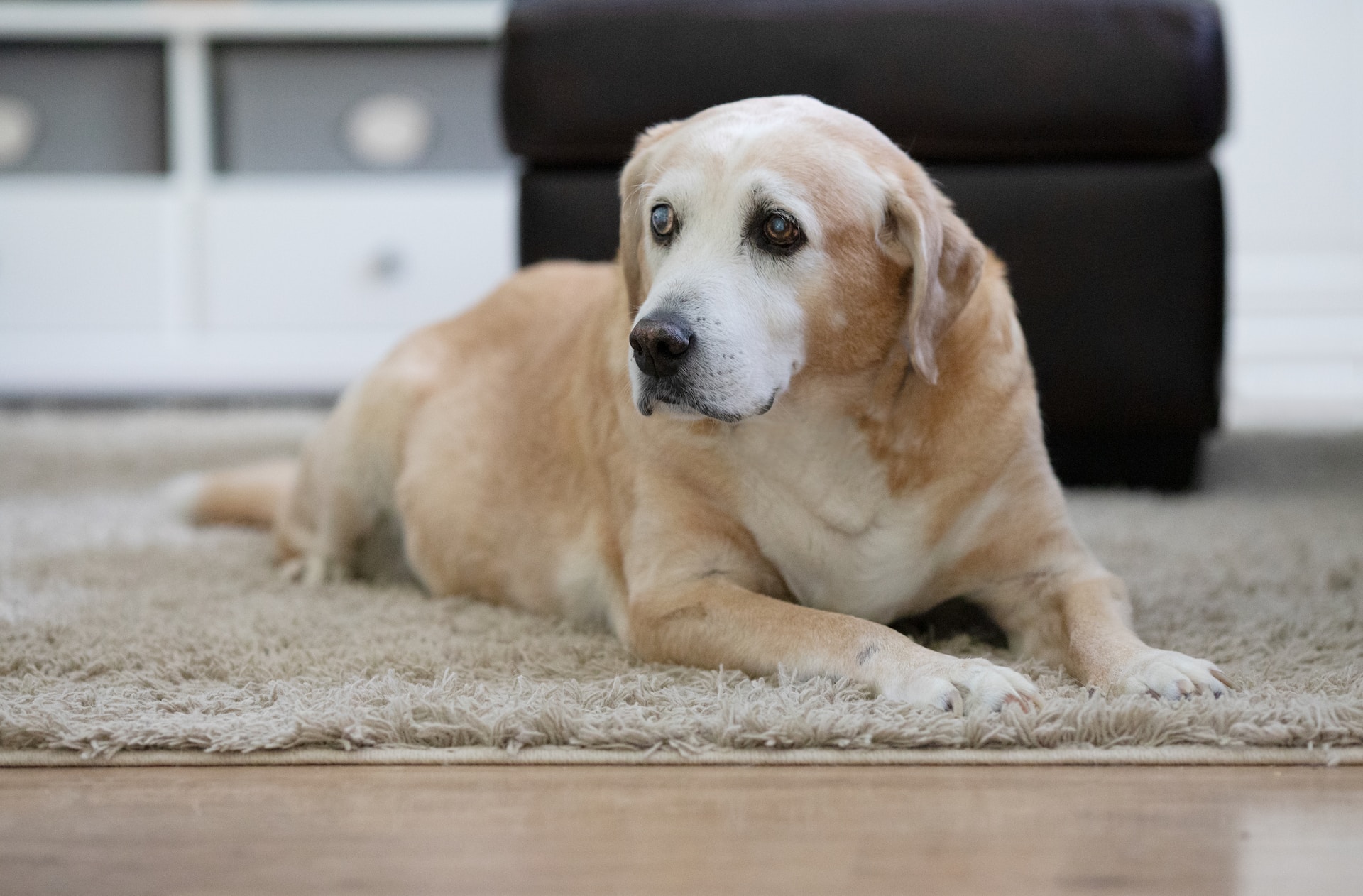As dogs age, their needs and behaviors change, requiring special attention and care from their owners. Senior dogs, typically considered to be around 7 years or older, may develop age-related health issues and exhibit different behaviors than their younger counterparts. To ensure your senior dog enjoys a happy and comfortable life during their golden years, it’s essential to be aware of the unique challenges they face and how to address them. In this guide, we’ll explore canine care for senior dogs, focusing on what to watch for and how to provide the best possible care.
Aging in Dogs: What to Expect
Aging in dogs is a natural process, and while it varies from one individual to another, there are common changes and challenges that senior dogs often experience:
1. Physical Changes:
- Older dogs may develop joint problems, arthritis, and muscle weakness. They might have difficulty with mobility, leading to slower movements and stiffness.
2. Dental Health:
- Dental issues, such as gum disease and tooth loss, become more common. Dental care is crucial to prevent pain and discomfort.
3. Cognitive Decline:
- Cognitive dysfunction syndrome (CDS), similar to Alzheimer’s in humans, can affect senior dogs. Signs include confusion, disorientation, and changes in behavior.
4. Hearing and Vision Loss:
- Senior dogs may experience hearing and vision loss, which can impact their ability to interact with their environment.
5. Digestive Changes:
- Digestive problems, such as constipation or gastrointestinal issues, can become more frequent.
6. Weight Management:
- Weight gain or loss can occur due to changes in metabolism. Maintaining a healthy weight is essential.
7. Incontinence:
- Senior dogs may have difficulty controlling their bladder and bowels, leading to accidents in the house.
Canine Care Tips for Senior Dogs
Providing excellent care for your senior dog involves addressing their specific needs and ensuring their quality of life. Here are essential tips for caring for your aging canine companion:
1. Regular Veterinary Check-ups:
- Schedule more frequent check-ups with your veterinarian. Senior dogs should have at least biannual visits to monitor their health.
2. Balanced Diet:
- Switch to a senior dog food formula tailored to their age and activity level. Ensure it contains joint supplements like glucosamine and chondroitin.
3. Weight Management:
- Maintain a healthy weight through proper diet and regular exercise. Obesity can exacerbate joint issues and other health problems.
4. Dental Care:
- Brush your dog’s teeth regularly and schedule professional dental cleanings as recommended by your vet.
5. Joint Health:
- Provide soft bedding and consider joint supplements to ease discomfort. Gentle exercise can also help maintain mobility.
6. Cognitive Stimulation:
- Mental stimulation is crucial for cognitive health. Interactive toys and puzzle feeders can keep their minds active.
7. Safety Measures:
- Adapt your home to accommodate their changing needs. Install ramps or provide steps to assist with mobility, and remove obstacles that could cause accidents.
8. Incontinence Management:
- If your senior dog experiences incontinence, consult your vet for guidance on managing and treating the issue.
9. Love and Companionship:
- Spend quality time with your senior dog. They still need love and attention, and your companionship can greatly enhance their well-being.
10. Routine and Predictability:
- Maintain a consistent daily routine to provide stability and comfort to your senior dog.
11. Quality of Life Assessments:
- Continually assess your dog’s quality of life. If they are in pain or have a significantly reduced quality of life, discuss humane end-of-life options with your veterinarian.
Signs of Pain or Discomfort
It’s essential to be vigilant for signs of pain or discomfort in your senior dog. These may include:
- Limping or difficulty walking
- Whimpering or yelping
- Increased restlessness
- Changes in appetite
- Withdrawal or aggression
- Frequent panting or heavy breathing
- Difficulty getting up or lying down
If you notice any of these signs, consult your veterinarian promptly to address your dog’s pain and discomfort.
The Gift of Aging
While caring for a senior dog comes with unique challenges, it’s also an opportunity to provide your loyal companion with the love and care they deserve in their later years. The bond between you and your senior dog can grow even stronger as you navigate the challenges of aging together. By understanding their changing needs and addressing them with compassion and diligence, you can ensure that your senior dog enjoys a comfortable and fulfilling life, surrounded by the love of their devoted owner.



